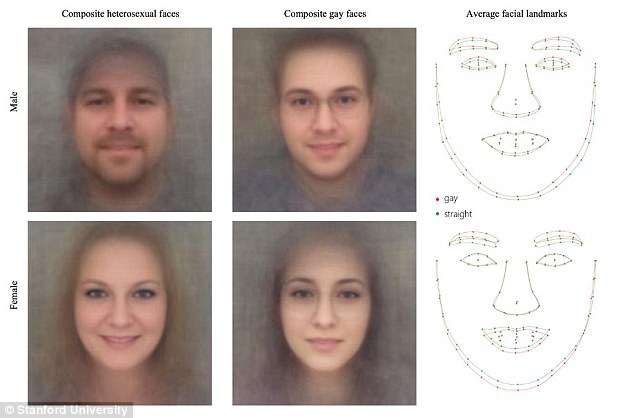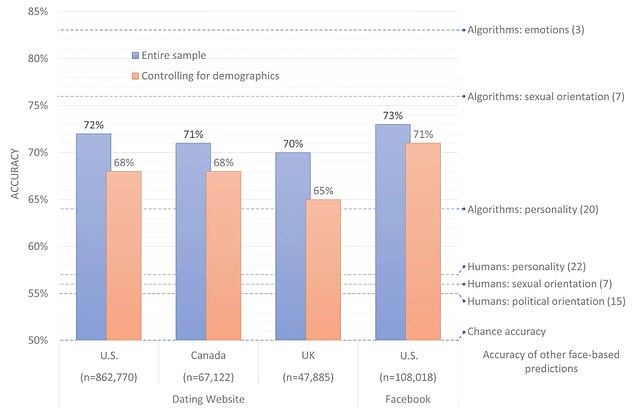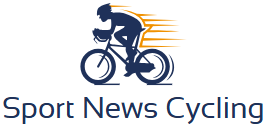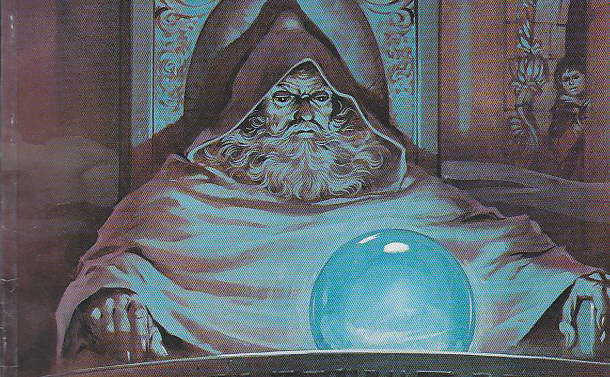Artificial intelligence is able to determine a person’s political affiliation based on their image while discovering that liberals face the camera while conservatives feel disgusted
- Stanford University experts have built an AI that is able to guess political affiliation through an image
- Trained with over a million photos from dating sites and Facebook
- Artificial intelligence focused on head orientation and facial expressions when guessing
- I found that most liberals looked at the camera while the Conservatives looked disgusted
Stanford University research that made headlines in 2017 is back for designing an artificial intelligence that uses ‘facial contours’ to determine a person’s sexual preference with what may be another controversial system.
Dr. Michel Koczynski claims to have a facial recognition algorithm capable of determining whether a person is liberal or conservative based on a single photo – with an accuracy of over 70 percent.
The 2017 AI-powered technology has been trained with over a million images from dating sites and Facebook and programmed to focus on expressions and attitude.
Although Kuzinski and his team were unable to determine the exact characteristics of the algorithm associated with political preference, they did find trends such as head orientation and emotional expression in the images.
Some examples include people who looked directly at the camera were classified as liberal and those who displayed disgust were judged as more conservative.
Scroll down to get vidoe

The technology was trained with more than a million dating and Facebook images and programmed to focus on expressions and attitude. The machine learning system cuts and resizes the face, to reduce capture of features other than the face
The study published in nature, It states that when humans are asked to distinguish between two faces – one conservative and the other liberal – they are right about 55 percent of the time.
“Because humans may be missing or misinterpret some of the signals, the low resolution does not necessarily represent the limit that the algorithms can achieve,” the study says.
Algorithms excel at pattern recognition in huge data sets that no human can manipulate, and increasingly outperform us in visual tasks ranging from diagnosing skin cancer to facial recognition to face-based judgments for intimate traits, such as sexual orientation (76% vs. 56%) 7, personality (64% versus 57%; derived from Pearson’s), and – as shown here – political orientation.
The researchers used a sample of 1,085,795 participants from the United States, Canada, and the United Kingdom, along with their political orientation, age and gender.

Stanford University research that made headlines in 2017 returned to its design of an AI that uses ‘facial features’ to determine a person’s sexual preference (pictured) in what may be another controversial system.
The study indicates that the ethnic diversity of the same included more than 347,000 non-white participants.
The machine learning system cuts and resizes the face, to reduce capture of features other than the face.
When it comes to American image recognition, the AI was 72 percent accurate.
Similar accuracy was observed in the Canadian sample, 71 percent, and the United Kingdom, at 70 percent.

The researchers used a sample of 1,085,795 participants from the United States, Canada, and the United Kingdom, along with their political orientation, age and gender. When it comes to American image recognition, the AI was 72% accurate. Similar accuracy was observed in the Canadian sample of 71% and the UK sample of 70%.
The highest predictive power was awarded with head orientation (58 percent), followed by emotional expression (57 percent).
Liberals tended to face the camera more directly, were more likely to express surprise, and less likely to express disgust – those with a disgusted outlook were categorized as conservatives.
In other words, a photo of one face reveals a person’s political orientation more than their responses to a relatively long personal questionnaire, including many elements outwardly related to political orientation (for example, “I treat all people equally” or “I think so too.” A lot of the tax money goes to support the artists), it says.

“Bacon ninja. Alcohol guru. Proud explorer. Passionate pop culture enthusiast.”







